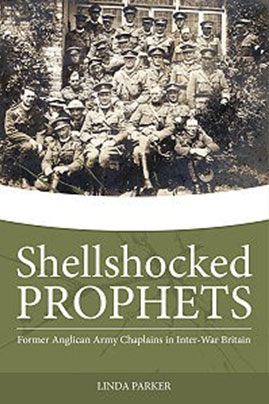The Anglican chaplains who served in the Great War were changed by their experience of total war. They returned determined to revitalise the Anglican Church in Britain and to create a society which would be a living memorial to the men who had died. These chaplains will be shown to have had an influence on Prayer Book revision, developments in theological thinking, moves towards church unity as well as having an important part to play in the resolving of industrial tension. Changes in society such as new divorce laws, the acceptance of contraception, and the responsible use of new media were aspects of the inter-war years which former chaplains were to involve themselves in. They were also influential in shaping attitudes to rituals of remembrance in the 1920s and attitudes to pacifism in the 1930s. Given the changes that occurred in the Church of England, in the inter-war years , it is important that the role of former chaplains should be examined and their significance analysed.
This book argues that in the inter-war years the impact of former chaplains was enhanced by their experiences in an unprecedented global conflict, which gave their actions and opinions more moral authority than would otherwise been the case. This question of the impact of former chaplains is considered in the context of debates about the effect that the war had on British society as a whole and on the Church of England In particular.
As the former chaplains were coming to terms with the way in which the Great War had affected their lives and ministries the threat of the next war loomed. In the twenty years after their wartime chaplaincies, former chaplains had gone some way to fulfilling the hopes and aspirations articulated on their return from the front and could claim to have contributed greatly to both developments in the Anglican Church and in wider society.

